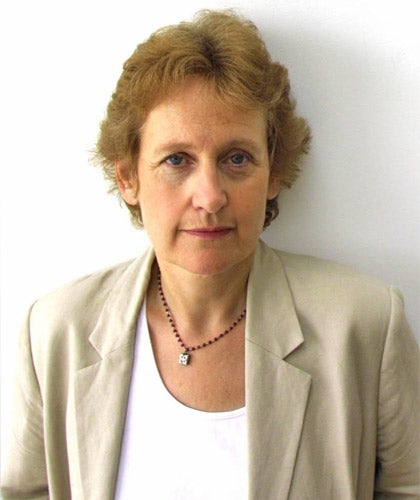British Library buys poet's 40,000 emails

Elaborate signatures, perfumed missives and intimate scribbled secrets are set to disappear from literary archives as they become increasingly full of one-line emails, spam and Amazon.co.uk receipts.
The British Library has paid £32,000 for the poet Wendy Cope's archive, which includes 40,000 emails from 2004 to the present. It is the biggest email archive acquisition in the library's history, probably in Britain, and is a landmark on the way to correspondence archives becoming fully digital.
"It anticipates the way it's going," said the former poet laureate Andrew Motion, a friend of Cope's. "We just don't write letters any more, we do it all by email."
According to Cope, her email archive contains many emails which "are not interesting at all" as well as written requests for fees. The archive contains exchanges between Cope and Motion over the latter's appointment as poet laureate in 1999. Any controversial information, says Cope, is to be held in a classified "closed" file.
She said her emails tended to be "little and often" compared to her longer, less frequently written letters.
"It's new territory for us," said Rachel Foss, lead curator of modern literary manuscripts at the British Library. "This is the second major email acquisition we've made after Harold Pinter's archive in 2007, but contains more material than that. We are increasingly acquiring digital material; this is going to be the norm as we move forward and we are going to get to the stage where emails replace physical letters."
The archive also includes 15 storage boxes containing drafts of poems, jottings of ideas and "to do" lists. There are songs the poet wrote while working as a teacher earlier in her career.
Join our commenting forum
Join thought-provoking conversations, follow other Independent readers and see their replies
Comments
Bookmark popover
Removed from bookmarks